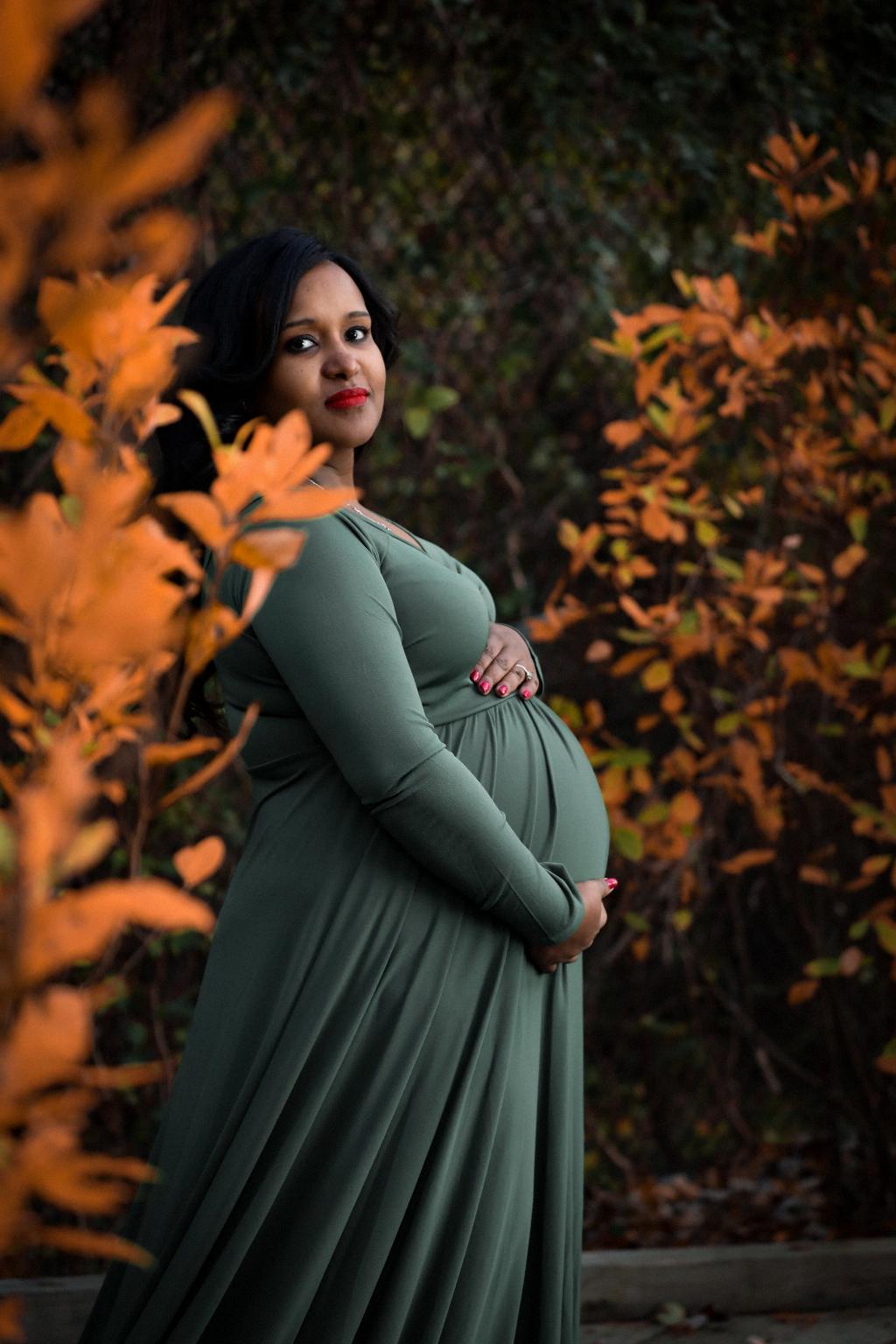When it comes to the question of whether it is safe to take Cymbalta while pregnant, it’s important to consider the potential risks and benefits in consultation with your healthcare provider. Cymbalta, a type of SNRI (serotonin and norepinephrine reuptake inhibitor), is commonly prescribed to treat conditions such as depression, anxiety, and chronic pain.
While some studies suggest that SNRIs like Cymbalta are generally considered safe during pregnancy, it is crucial to note that the use of any medication during pregnancy should be approached with caution. Certain SSRIs (selective serotonin reuptake inhibitors) like citalopram and sertraline may be considered slightly safer options for pregnant individuals.
It is essential to understand that the use of antidepressants during pregnancy can potentially lead to adverse outcomes. These medications have been associated with an increased risk of premature birth and maternal health changes. However, the overall consensus is that antidepressants, including Cymbalta, do not typically cause birth defects in infants.
Before making any decisions about taking Cymbalta while pregnant, individuals should have an open and honest discussion with their healthcare provider. It is crucial to weigh the potential risks of untreated mental health conditions against the potential risks of medication use during pregnancy. Healthcare providers can provide personalized guidance based on individual circumstances and medical history.
Factors such as the severity of the underlying condition, previous treatment responses, and the stage of pregnancy can all impact the decision-making process. In some cases, healthcare providers may recommend continuing Cymbalta treatment during pregnancy if the benefits outweigh the potential risks.
It is also important to recognize that abruptly discontinuing antidepressant medication can lead to withdrawal symptoms and a recurrence of mental health symptoms. Stopping medication suddenly can pose risks to both the pregnant individual and the developing fetus, so any changes to treatment should be carefully managed under medical supervision.
While the decision to take Cymbalta during pregnancy is complex, it is essential to prioritize maternal well-being and optimal prenatal care. Open communication between individuals and their healthcare providers is key to ensuring informed decision-making and comprehensive support throughout the prenatal period.
Ultimately, the safety of taking Cymbalta during pregnancy is a nuanced issue that requires a personalized approach. Individuals should work closely with their healthcare team to evaluate the risks and benefits of medication use, explore alternative treatment options if necessary, and make informed decisions that prioritize the health and well-being of both the pregnant individual and the developing fetus.
By staying informed, proactive, and engaged in discussions about medication management during pregnancy, individuals can make empowered choices that align with their health goals and individual circumstances. Advocating for comprehensive prenatal care and mental health support is essential for promoting positive outcomes for both the pregnant individual and their baby.
In conclusion, the decision to take Cymbalta while pregnant involves careful consideration of potential risks and benefits. Consulting with healthcare providers, discussing individual medical histories and treatment preferences, and prioritizing maternal well-being are crucial steps in navigating the complexities of medication management during pregnancy. With personalized support and informed decision-making, individuals can navigate this journey with confidence and optimal care.

